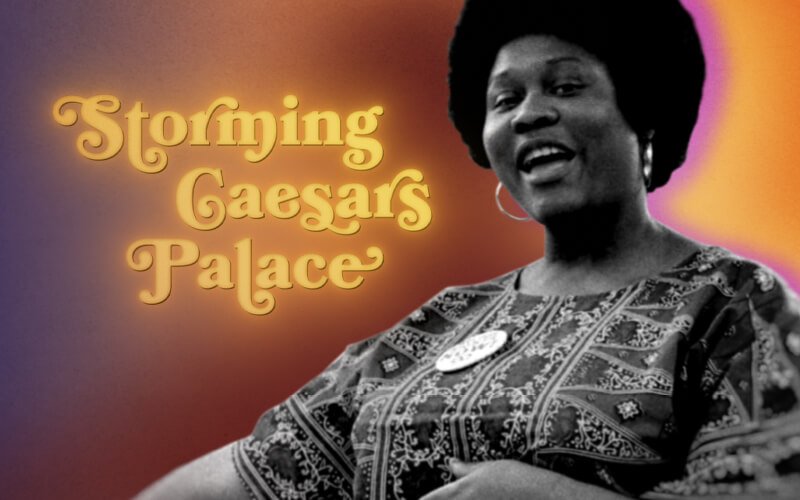Social Problems
“The function of sociology, as of every science, is to reveal that which is hidden.”
Social Problems is an introductory-level sociology course in which we will try to understand and analyze social problems of the real world. Students will first learn how they can adopt a “sociological imagination,” or a sociological lens, through which they can view social phenomena. Students will learn how to question the taken-for-granted assumptions about and seemingly natural aspects of the world. Then, we will deeply engage with a variety of contemporary social problems, connecting each set of phenomena to real-world examples, including poverty and inequality, environmental destruction, food insecurity, and racism. Through group activities, engaging discussions, guest speakers, and short personal essays that encourage students to grapple with their own personal experiences confronting social problems, students will gain an invaluable skill set to conceptualize and analyze past, present, and future social problems.
Course Highlights
Pioneer Homes Role-Playing Activity Instructions
Instructions: After we watch the documentary, "A Blueprint for Re-Renewal,” we will spend the second half of class engaging in a role-playing activity wherein you will be assigned to one of the below roles. After reading through the sources, taking notes, and coming up with talking points (or some general game plan), we will then conduct the role-play as a class.
Mayor Walsh on behalf of the City of Syracuse
Goals:
Prioritize profits, pursue economic development
Show support for mixed-income housing plan
Keep the peace
Reading material:
The above op-ed is in response to this op-ed: https://www.syracuse.com/opinion/2022/01/end-of-public-housing-is-not-something-to-celebrate-guest-opinion-by-madeleine-hamlin.html
Syracuse Housing Authority and Blueprint 15
Goal:
Ensure that mixed-income housing replaces Pioneer Homes
Reassure tenants that they will have a right to return.
Reading material:
Tenants at Pioneer Homes
Goals:
Discuss how you would go about forming a tenant union.
Create a list of demands on behalf of the tenant union.
Develop a game plan of what you will do if those demands are not met.
Reading material:
Storming Caesars Palace
We will first learn about social problems and intersectionality, exploring the works of Keeanga-Yamhatta Taylor and Judith Butler. Then, we will watch Storming Caesars Palace, a film based on the inspiring events of Ruby Duncan and other Black mothers who fought for welfare rights in Las Vegas.
Preview the film here!
Final Project & Paper
Instructions: Throughout this class, we will explore several different pressing social problems. In doing so, we will learn how we can better understand the causes of and possible solutions to each social problem. However, we only have time to try to tackle so many social problems! Because of this, your final project is an opportunity for you to either (1) continue exploring one of the social problems we’ve discussed in class or (2) explore a social problem we did not discuss in class.
For your final project, your task is to select one CURRENT social problem in the United States to research in depth. We want you to focus on a social problem that you find especially interesting. Based on your research, you will create a short, narrated video of between five to seven minutes in length. Think of the video as having three goals: (1) to educate viewers on the social problem you have selected, telling us who this social problem impacts and why we should care; (2) to introduce viewers to the major activists, politicians, and/or organizations at the forefront of addressing the particular social problem, explaining how they are addressing the problem; and (3) to help viewers understand how they can lend their support to resolving the social problem. All students will formally present their videos on the last day of class.
Sample final project guidelines (pdf)
Sample final paper guidelines (pdf)
Tips for conducting research (pdf)
